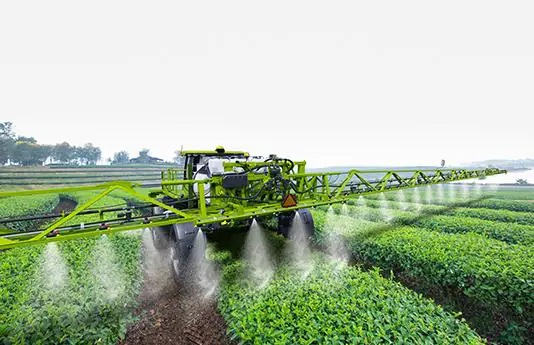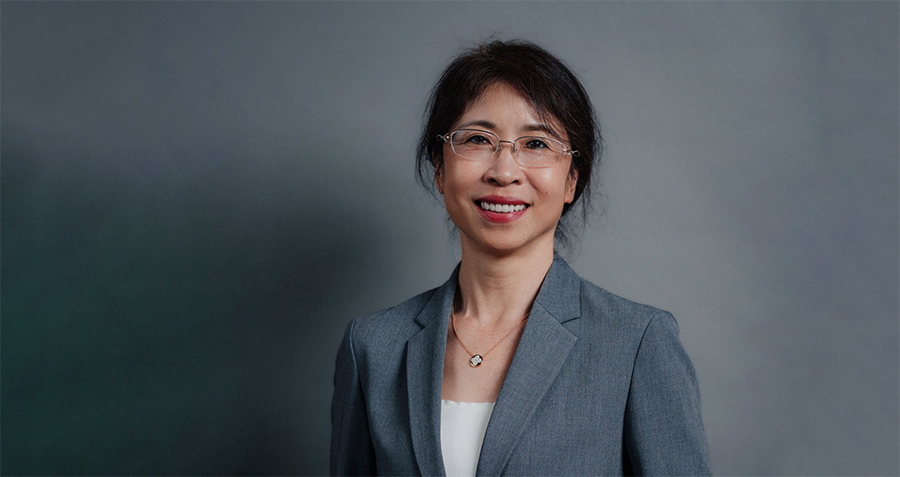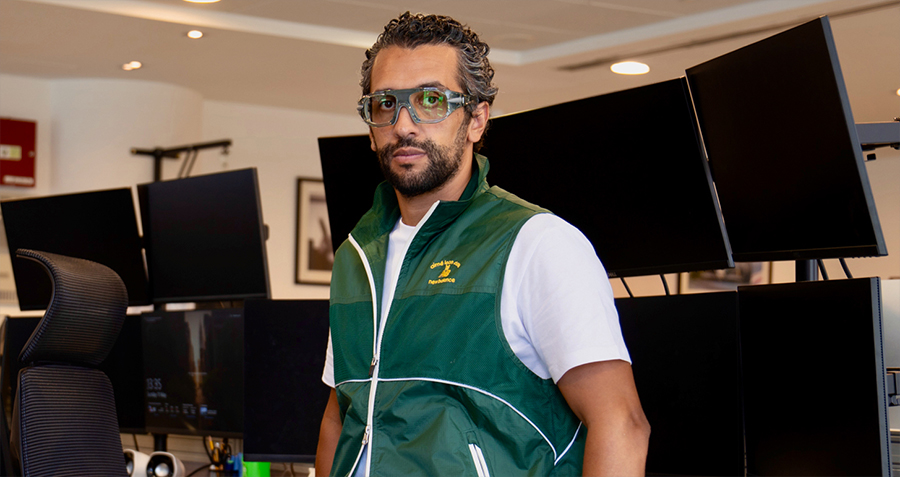
Brett Stevens, Commissioner to Greater China, State Government of Victoria, Australia
Brett Stevens represents the State Government of Victoria as Commissioner to Greater China with a remit including Hong Kong, Taiwan and Mongolia. Based in Shanghai, he leads a team focused on developing opportunities for Victoria in trade and foreign direct investment activities across the region.
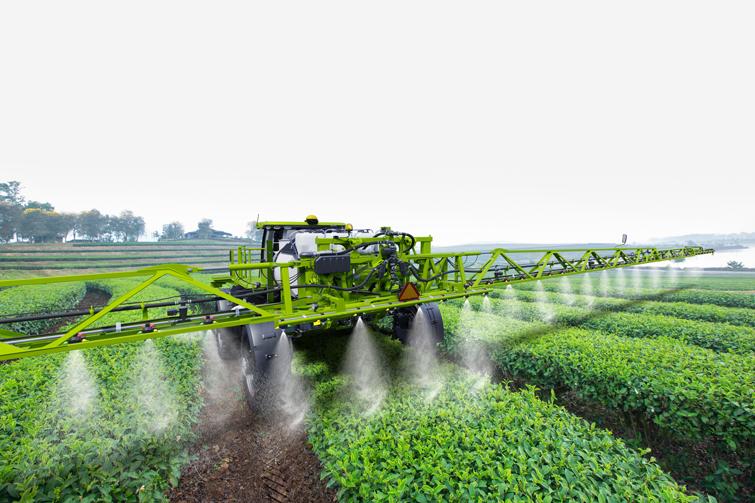
A growth in export prospects is also expected for agricultural professional services, particularly in the dairy, meat and grains industries, where China has shown confidence in integrating Australian expertise and management.
In January this year, the Regional Comprehensive Economic Partnership Agreement came into force, uniting 15 countries in the world’s largest free-trade agreement.
It brings together 29 per cent of the world’s GDP from 30 per cent of the population. When it was signed in 2020, it was eagerly anticipated by Australia and notably our agriculture industry, which is on a trajectory to becoming this country’s next $100 billion industry by 2030.
The RCEP is a macro strengthening of international ties. It’s a global tool of mutual respect that opens up greater multinational opportunities for trade benefits that may not have been captured through the pre-existing bilateral free-trade agreements that Australia had with each of the 14 other RCEP members.
RCEP was also confirmation of the long-standing relationship between all member countries. With regards to Australia and China, it built upon on the free-trade agreement CHAFTA which the two countries signed in 2015, formalising a trading partnership that extended back 50 years with the establishment of diplomatic relations in 1972.
Opportunities for growth identified for Australian agriculture lie in expanding exports of premium food and fibre, including traditional commodities, onto new and innovative goods, such as plant-based proteins and AgTech advancements.
A growth in export prospects is also expected for agricultural professional services, particularly in the dairy, meat and grains industries, where China has shown confidence in integrating Australian expertise and management.
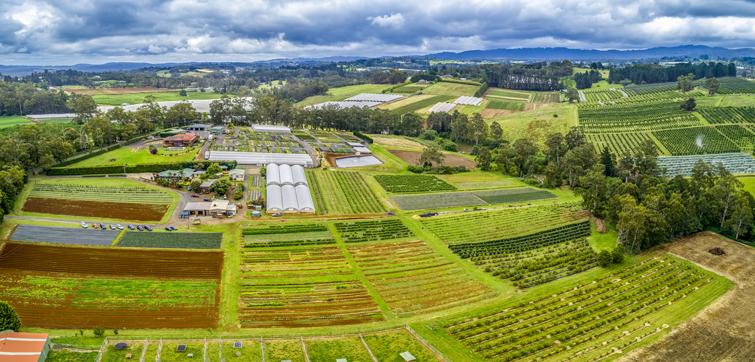
Victoria, a small state in the southeast corner of the continent with Melbourne as its capital, is a strong agricultural product exporter. Despite having just 3 per cent of the country’s arable land, its farmers produced more than a quarter of Australia’s exports with AUD $13.3 billion (USD $9.44 billion) in agricultural products.
Both Australia and Victoria count China as their largest trading partner in agricultural products. China accounts for just over a fifth of the country’s total export in 2020-1. It imported AUD $10.8 billion (USD $7.67 billion) in agriculture products from Australia, including AUD $3.69 billion (USD $2.62 billion) of Victorian food and fibre last year.
For mature trading relationships, like that enjoyed by China and Australia and specifically between China and Victoria, the opportunities can be found in the deepening of relationships at a more micro level between our sectors and commercial partners.
Wool is one of the great examples of a truly mutually beneficial partnership between China and Australia. Victoria is major wool producer and exporter in Australia, accounting for just under a third of Australia’s total wool production. Victoria exports 76 per cent of its wool clip to China, where it is then processed, before being sent around the globe. Chinese processors engage deeply with suppliers of wool from Australia, with about 74 per cent of its total wool imports being sourced from Australia.
Victoria’s world-class product with its eco-friendly credentials is in strong demand among discerning, knowledgeable Chinese consumers of high-end fashion, along with the emerging trends for wool in sportswear, casual wear, and fashion accessories.
Further opportunities are being touted for woollen interior furnishings as processors and manufacturers look to counteract the global downturn in formal wear that occurred during the pandemic.
China’s domestic fashion market remains thriving, with clear opportunities for growth.
Last year, the Australian wool industry’s research and development corporation, Australian Wool Innovation (AWI), partnered with Alibaba’s TMALL, China’s most influential business-to-consumer e-commerce platform, for Double 11 and Double 12 wool promotions.
The partnership raised awareness of Australian Merino wool while promoting premium Chinese and international brands. The online shopping festivals on 11 November and 12 December proved wool’s popularity, with AWI reporting 54 million video views, 380 million Wool Hub Page views on TMALL, a 40.5 per cent increase in awareness for Merino wool and AUD $122 million (USD $ 86.61 million) in wool sales. It bodes well for the future for Victorian and Australian wool producers.
There are clear opportunities for Victoria’s agriculture services, which are benefiting both countries with Victorian agriculture expertise being employed across sectors in China.
Again, we turn to wool for a great example of this partnership working to expand opportunities.
In 2014, AWI established the Woolmark Wool Science and Technology Education program at the Yantai Nanshan University, where AWI teaches cutting-edge wool processing techniques to China’s textile engineering students to develop the skills required to manufacture premium Australian wool products.
In 2018, AWI helped establish the Wool Education Centre at Donghua University in Shanghai. The centre enables students, designers and supply chain partners to explore the benefits and possibilities of Australian wool, and learn about trends, new technology and supply chain developments, according to AWI.
The “wool model” of connecting producers, manufactures and consumers on the ground in both countries is being replicated to uncover new opportunities for other agriculture commodities.
With the expected increase in trade in agriculture from RCEP and as part of its continuous dedication to the China market, the Victoria Government Trade and Investment Office in Shanghai in partnership with Agriculture Victoria established ‘Vic House’ in Shanghai last year. Vic House is the first in country trade pavilion to showcase Victoria’s finest food and fibre. The pavilion supports Victoria’s established and emerging export businesses, while providing Chinese buyers a first-hand experience of the gourmet products in its demonstration kitchen and display centre, as well as a chance to meet the producers face-to-face.
The Victorian Government values its expanding agriculture trade through RCEP. Food and fibre exports to RCEP member countries totalled AUD $9.18 billion (USD $6.51 billion), representing 69 percent of Victoria exports in this sector.
As part of its commitment to RCEP and other regional trade agreements, Victoria has appointed three agriculture in-market specialists to link buyers with producers, of which two are located in the RCEP region, one in South-East Asia and another, a dedicated in-market specialist for China, based in Beijing. The third is located in Dubai and services the Middle East and North African markets.
These are the most micro of moves – one person in one city – but it is where the real opportunities are discovered and the true value creation lies, in a deep understanding and connection of the cultures of both countries.
RCEP is a positive step on what is a continual journey towards freer trade across the globe. Its formalisation this year is timely, given the immense trading and geopolitical challenges countries have faced over the past two years, with a pandemic and global conflicts leading to freight challenges, market access volatility, and rising input prices.
But these omnipresent factors are an unavoidable part of international relationships and China and Australia have a history of finding opportunities regardless of the prevailing conditions. Both countries know patience, and having people well connected and understanding of each other is essential in preparing for the opportunities that will undoubtedly be realised in the future.




